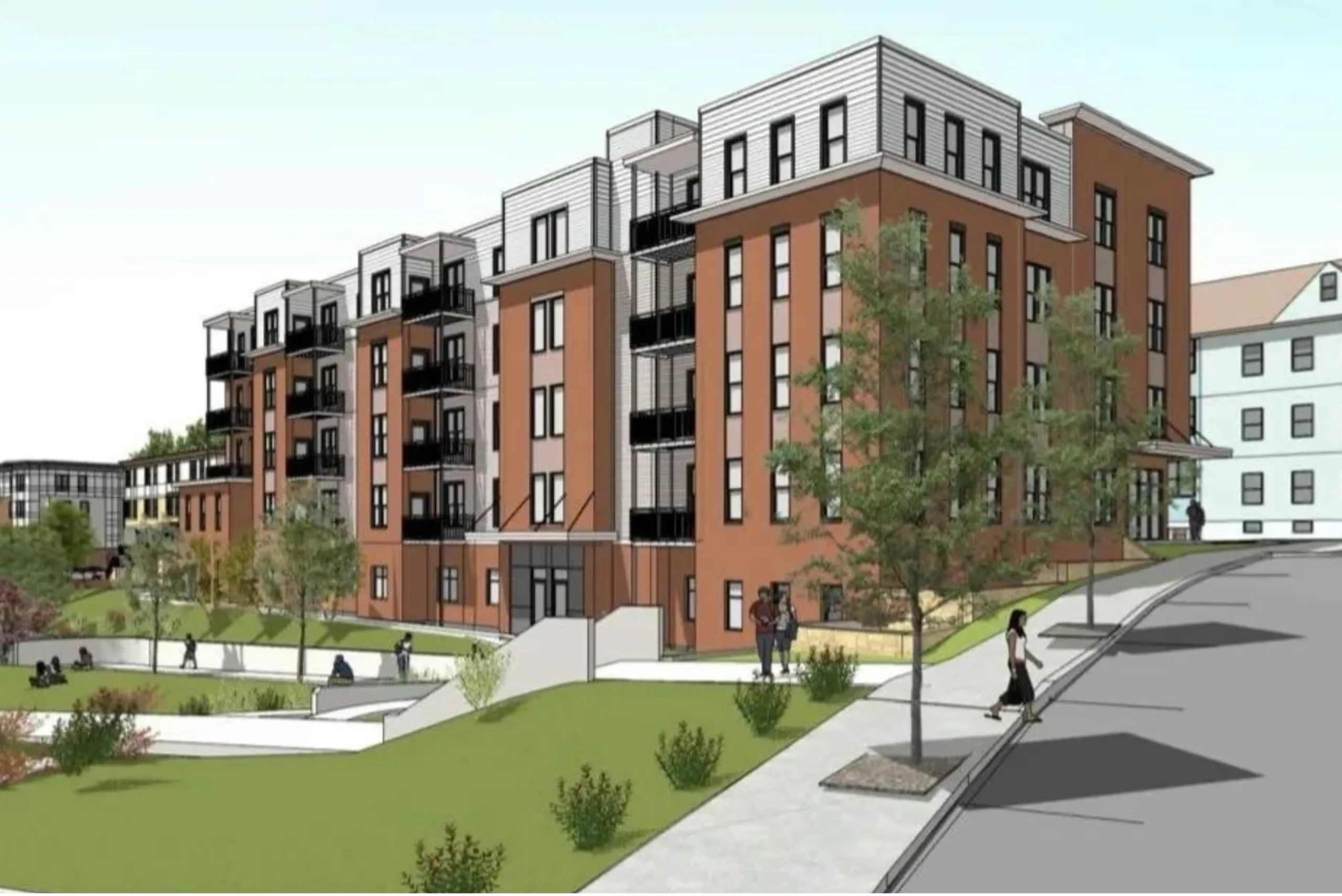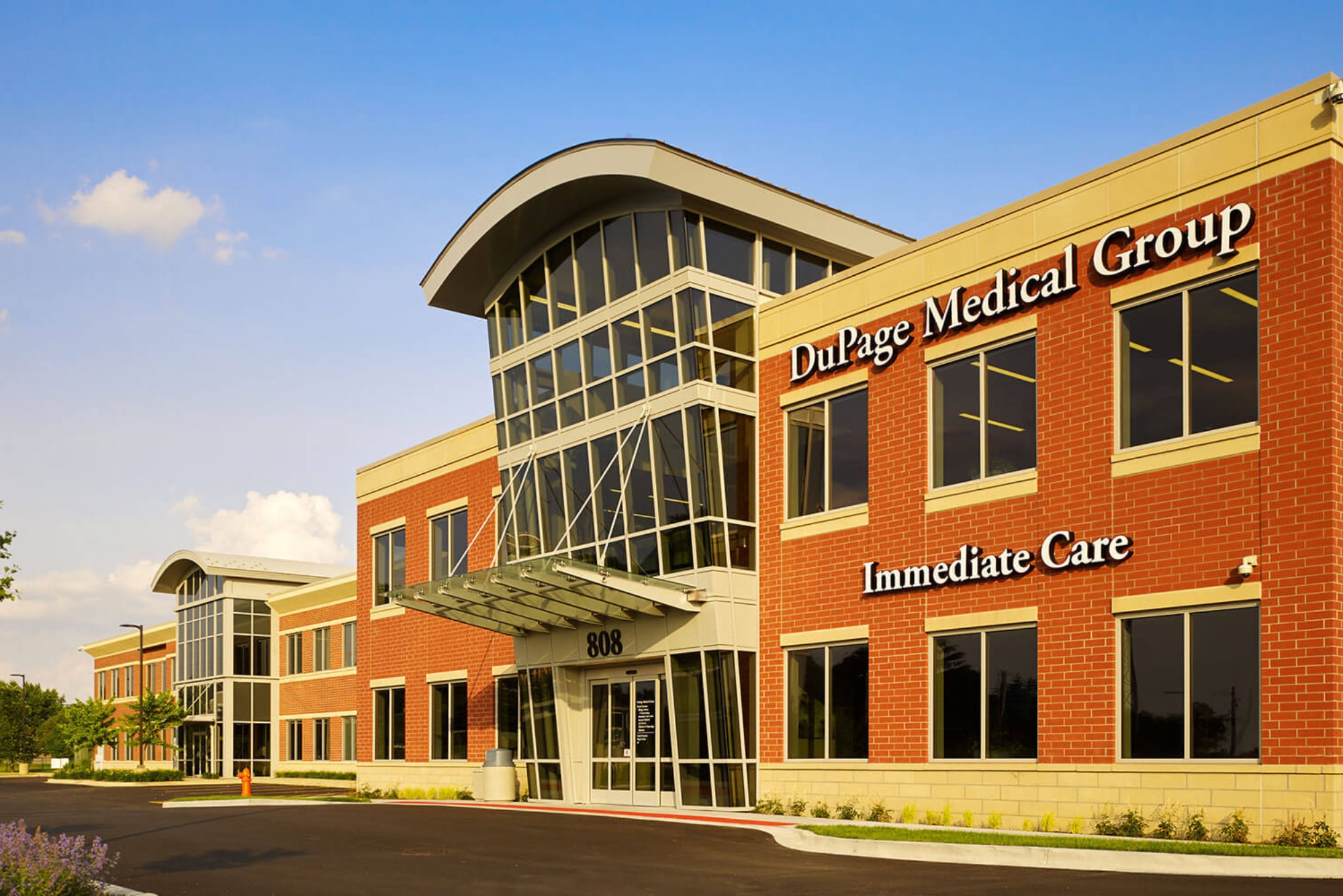Table of Contents
ToggleDiscover the Leading Residential Real Estate Development Companies in the USA
Residential real estate development companies play a pivotal role in shaping the communities we live in. These companies are responsible for the planning, designing, and construction of residential properties, ranging from single-family homes to large-scale housing developments.
In this article, we delve into the world of residential real estate development companies, exploring their significance, key considerations when choosing one, current trends, challenges faced, and successful case studies.
Understanding the Development Process
Successful residential real estate development companies follow a systematic approach to project execution, encompassing multiple stages such as land acquisition, feasibility analysis, design conceptualization, regulatory approvals, construction, marketing, and sales. Each phase demands meticulous planning, coordination, and resource allocation to ensure project viability and profitability.
- Land Acquisition Strategies
One of the primary challenges for residential real estate development companies is securing suitable land parcels for development. These companies employ diverse strategies, including direct purchases, partnerships, land banking, and joint ventures, to acquire land in desirable locations with favorable growth prospects.
- Navigating Regulatory Frameworks
Residential real estate development companies must navigate a maze of regulatory frameworks, zoning ordinances, environmental regulations, and permitting processes. Compliance with these regulations is essential to obtain approvals and licenses for development projects while mitigating legal and financial risks.
Innovations in Sustainable Development
In response to growing environmental concerns and regulatory pressures, residential real estate development companies are embracing sustainable practices and green technologies. From energy-efficient designs to eco-friendly materials and renewable energy solutions, sustainability has become a cornerstone of modern development projects.
Market Trends and Consumer Preferences
Residential real estate development companies closely monitor market trends and consumer preferences to anticipate demand and align their projects with shifting dynamics. Factors such as demographic shifts, urbanization patterns, lifestyle trends, and economic indicators influence decision-making regarding location, design, amenities, and pricing.
The Role of Technology in Development
Technology is revolutionizing every aspect of the real estate development lifecycle, empowering companies to streamline processes, enhance efficiency, and deliver superior outcomes. From virtual reality for immersive property tours to Building Information Modeling (BIM) for collaborative design and construction management software for project oversight, technological innovations are reshaping the industry landscape.
Challenges and Opportunities
While residential real estate development offers lucrative opportunities for growth and profitability, it also presents significant challenges and risks. Economic fluctuations, regulatory uncertainties, construction costs, financing constraints, and market saturation are some of the key challenges faced by developers. However, adept companies can turn challenges into opportunities through strategic planning, innovation, and adaptability.
Key Factors to Consider
When selecting a residential real estate development company for your project, several factors warrant consideration:
- Reputation and Experience
A company’s reputation and track record are indicative of its reliability and quality of work. Look for firms with a solid reputation and extensive experience in residential development.
- Project Portfolio
Reviewing the company’s past projects allows insight into their expertise and design aesthetic. Ensure their portfolio aligns with your vision for the project.
- Financial Stability
Financial stability is crucial for the timely completion of projects. Choose a company with strong financial backing to mitigate the risk of delays or disruptions.
- Sustainability Practices
Incorporating sustainable practices is increasingly important in modern development. Seek companies committed to environmentally friendly design and construction methods.
Top Residential Real Estate Development Companies
Lennar Corporation:
Lennar is one of the largest home construction companies in the United States. It operates in various markets across the country and offers a wide range of residential properties, including single-family homes, townhomes, and active adult communities.
DR Horton:
DR Horton is another major player in the residential real estate development industry. With operations in multiple states, DR Horton focuses on building affordable homes with a wide range of floor plans and styles to cater to different market segments.
PulteGroup:
PulteGroup is known for its innovative home designs and sustainable building practices. The company builds homes under several brand names and serves various markets throughout the United States.
Toll Brothers:
Toll Brothers is a luxury home builder that specializes in high-end residential properties. The company focuses on affluent markets and offers custom-built homes with upscale features and amenities.
KB Home:
KB Home is one of the largest and most recognized homebuilders in the United States. The company offers personalized home designs and focuses on energy-efficient construction practices.
Taylor Morrison Home Corporation:
Taylor Morrison is a leading national homebuilder and developer that operates in various regions across the United States. The company offers a diverse range of home designs and communities to cater to different lifestyles and preferences.
Meritage Homes Corporation:
Meritage Homes is known for its focus on energy-efficient and environmentally friendly home construction. The company offers homes in multiple states and provides a variety of floor plans and design options.
NVR, Inc.:
NVR is one of the largest homebuilding and mortgage banking companies in the United States. The company operates in multiple regions and offers a wide range of residential properties, including single-family homes and townhomes.
What Is The Difference Between Real Estate Investment And Real Estate Development?
| Aspect | Real Estate Investment | Real Estate Development |
|---|---|---|
| Purpose | Generates income or appreciation. | Creates value through construction or redevelopment. |
| Strategy | Acquiring properties for rental income or capital gains. | Acquiring land, obtaining approvals, and building properties. |
| Objective | Passive income or long-term asset appreciation. | Transforming raw land into profitable assets. |
| Risk | Lower risk, primarily market-based. | Higher risk, involving construction, regulatory, and market factors. |
| Focus | Cash flow and property appreciation. | Adding value through construction and market timing. |
Trends in Residential Real Estate Development
Residential real estate development is evolving to meet the changing needs and preferences of communities:
- Sustainable Development
There is a growing emphasis on sustainable development practices, including energy-efficient design, green spaces, and eco-friendly materials.
- Technological Integration
Advancements in technology, such as Building Information Modeling (BIM) and virtual reality, are revolutionizing the design and construction process, leading to more efficient and cost-effective projects.
- Community Engagement
Developers are placing greater emphasis on community engagement, involving residents in the planning and design process to create inclusive and vibrant neighborhoods.
Types Of Real Estate Development
- Residential Development: This involves the construction of housing units such as single-family homes, townhouses, condominiums, and apartment buildings.
- Commercial Development: Commercial development focuses on building properties for business purposes, including office buildings, retail centers, hotels, and industrial warehouses.
- Mixed-Use Development: Mixed-use developments combine residential, commercial, and sometimes even industrial or institutional elements within a single project. These developments aim to create vibrant, walkable communities where people can live, work, and play.
- Industrial Development: Industrial development involves the construction of properties like manufacturing plants, distribution centers, logistics facilities, and industrial parks.
- Retail Development: Retail development focuses on building shopping centers, malls, standalone retail stores, and other spaces for retail businesses.
- Hospitality Development: Hospitality development includes the construction of hotels, resorts, spas, and other accommodations for travelers and tourists.
- Office Development: Office development involves the construction of office buildings, business parks, and coworking spaces for businesses and professionals.
- Healthcare Development: Healthcare development includes the construction of hospitals, medical office buildings, clinics, and other healthcare facilities to serve the community’s medical needs.
- Educational Development: Educational development involves building schools, colleges, universities, and other educational facilities to support learning and academic activities.
- Infrastructure Development: Infrastructure development focuses on building essential public facilities such as roads, bridges, airports, seaports, and utilities to support communities and economic growth.
Commercial Vs Residential Real Estate Agent Salary
Commercial real estate agents typically earn higher salaries than residential agents due to the complexity and higher value of commercial transactions. Median annual wages for real estate brokers and sales agents, including commercial agents, were $50,730 in May 2020, according to the U.S.
Bureau of Labor Statistics, while residential agents specializing in residential properties earned a median annual wage of $51,220. However, top-performing agents in both sectors can earn significantly higher incomes, with commercial agents often earning more due to commissions from large-scale transactions such as office buildings and retail centers.
Challenges Faced by Residential Real Estate Development Companies
Despite their importance, residential real estate development companies encounter various challenges:
- Regulatory Hurdles
Navigating complex zoning laws, building codes, and permitting processes can be time-consuming and costly for developers.
- Economic Factors
Fluctuations in the economy, such as changes in interest rates and market demand, can impact the viability of development projects.
- Environmental Concerns
Environmental regulations and concerns about sustainability pose challenges for developers seeking to minimize their ecological footprint.












